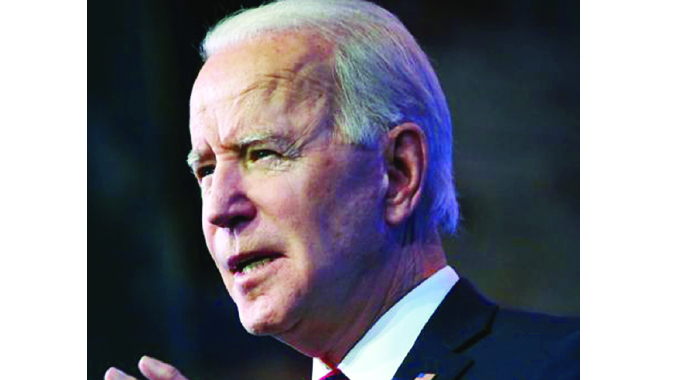Nuclear plant power partially restored as food jitters grow
of the control rooms yesterday, as radioactivity in the sea fuelled anxiety over food safety.
An external electricity supply has now been linked up to all six reactors at the Fukushima No. 1 power station, more than a week after a 14-metre tsunami crippled the ageing facility.
In another small step towards regaining control of the plant, the lights came back on in the control centre of the number three reactor, making it easier for workers toiling to get the vital cooling systems working again.
“As of 10:43pm the control centre for reactor number three had its lighting on,” an official from plant operator Tokyo Electric Power Co. (TEPCO) told reporters late yesterday.
“The number three reactor is a particular concern because it contains a potentially volatile mixture of uranium and plutonium. The twin quake and tsunami disaster, Japan’s worst crisis since World War II, has left nearly 23 000 people dead or missing, with entire communities along the northeast coast swept away.
Now the shell-shocked nation faces an invisible threat from radiation seeping from the Fukushima No. 1 plant, which lies just 250 kilometres from the greater Tokyo area and its 30 million inhabitants.
The health ministry advised residents in five towns or cities in Fukushima prefecture not to use tap water to make formula milk and other drinks for babies due to abnormally high radiation levels.
The government also ordered increased inspections of seafood after radioactive elements were detected in the Pacific Ocean near the Fukushima plant.
At one spot, eight kilometres from the troubled plant, radioactive iodine 80 times the normal level was found.
The government has halted shipments of some foodstuffs in nearby prefectures after the discovery of higher than normal levels of radiation in milk and certain vegetables, but it insists there is no health hazard.
“Food products that present abnormal levels (of radiation) will not appear on the market, so please don’t worry. And even if you put such foods in your mouth, they will not have an immediate health risk,” said Consumer Affairs Minister Renho, who uses only one name. – AFP.







Comments